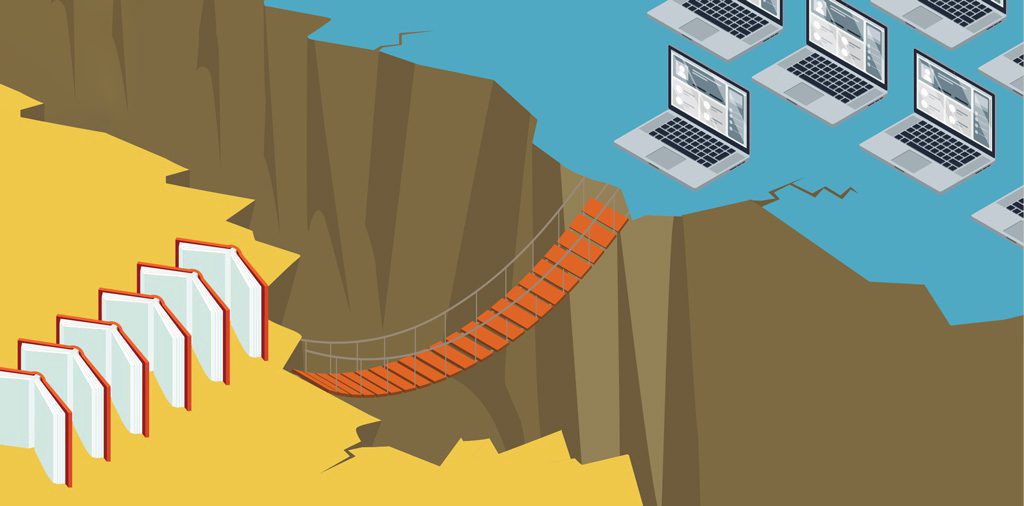Today’s digital technology is an example of how the phrase double-edged sword is often misused because of the comparison of the damage this technology is doing all over the world to the poorer countries and people who have no opportunity to implement positive technological development in their countries.
So-called tech giants like Meta, Amazon, Google, Alibaba, and others like them unleashed digital subversive powerful tools to the unsuspecting masses, which negatively impacts mainly in the poorer countries, where people are starting their digital journey on apps owned by these tech giants without knowing what is larking behind this digital prominence and the endless stream of content being consumed every day.
The problem is not the tech companies or the apps per se, but a lack of knowhow and understanding of where this leads to unsuspecting populations, both in the short term and in the long term.
Time wasting, physical harm, mental illness, criminal involvement, misinformation, and many others are the early disadvantages that the people of poorer countries get from using these technologies. In addition, there is a lack of funding for proper digital learning programs for people and youth to discover the other side of digital technology beneficial to their futures.
Governments in poorer countries like Somalia, for example, don’t have the slightest interest in formulating policies to implement information and communication technology (ICT) curricula to improve the outlook of the people and the country in the digital revolution era and give youth a viable future and direction.
To make matters worse, you find an administration denominated by technophops, because of their ignorance of the benefits of ICT in the development of the country. A similar groups again control the education system. Also, there are no other partners to bridge the gap, such as a business community, international partners, social initiatives, etc.
The result is what is happening in many poorer and badly run countries, particularly in many parts of Africa where 90% of school children don’t have access to computers to learn basic digital skills.
Technologically developed countries have already overrun poorly managed countries because their powerful tech forces are taking over through the nature of the interconnectedness of the internet infrastructure.
The youth of the poorer countries are hooked on the small screens of cheap smartphones, consuming so much useless content generated by whoever has something to present to make a point and mostly get many eyeballs to make money.
So, let us give some thought to the massive digital divide there is and think about ways that these poorer countries could be helped, particularly by providing ICT related funding to improve access to computers and the internet for millions of children.
Siyad A. Yusuf
